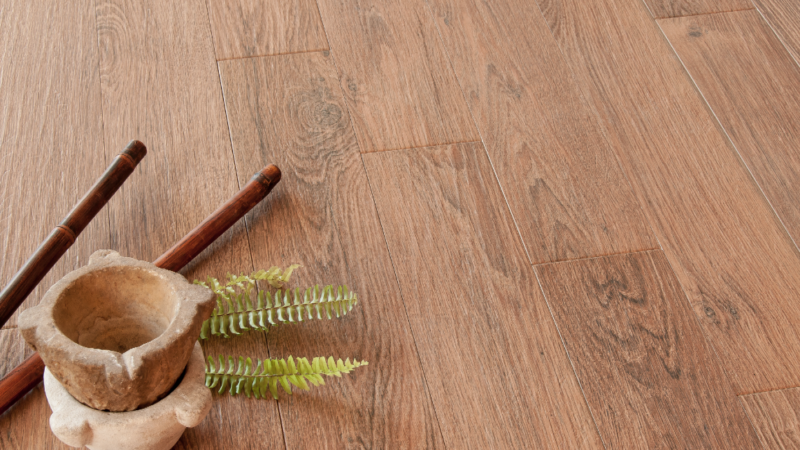How Durable Are Tile Floorings?

If you’re looking for a timeless look in your home, tile floorings are the way to go. But how durable are tile floorings? When installed properly, a good tile floor will last for decades and not need to be replaced. A rating system is used to determine the type of tile that is best for your home. The most durable tiles are class V, but you’ll probably be fine with Class III or IV tiles if you have average foot traffic.
Tile Is Relatively Easy To Maintain
Compared to all the available flooring options out there, tile floorings are relatively easier to main and are easy to clean. Simply mop it up with a dry mop. When you clean your kitchen or bathroom, check for hazy spots or any signs of dirt. You can also clean the grout with a specialized cleaner if it is stained. You should be gentle when cleaning ceramic tiles since they are more likely to be scratched than other materials. You can also use a microfiber cloth to remove dirt and debris. For deeper cleaning, use a wet mop. You may need to periodically reseal it to keep it looking as good as new. But compared to laminate, tile floors can be a lifetime investment. And because it’s waterproof, it’s perfect for homes with children and pets. While it’s important to keep pets away from floorings, pet owners will love the fact that tile is a pet-friendly material.
Porcelain Tiles Are Highly Durable
Porcelain tile is a high-quality choice for flooring. It is a dense, extremely hard material that resists wear, chipping, and cracking. Therefore, porcelain tile is often the best choice for a kitchen or bathroom. Plus, it’s completely waterproof, making it a great choice for bathrooms, commercial spaces, and even bedrooms. This means that porcelain tile is the best option for areas with high traffic as the porcelain tile is very durable. It’s less likely to break than ceramic tiles, but it’s still not scratch-proof, so you’ll need to be extra careful when choosing tiles for your floors. Porcelain tile floors are one of the least likely to break, which is a bonus. So, it’s worth it to invest in this flooring type for your home!
Tile Floorings Come In Various Types
The most durable tiles are stone, porcelain, and ceramic tiles. They’re also the least expensive. They’re low maintenance. A little bit of care will keep your floors looking new for years to come. Tile floorings can be very durable. Unlike other types of flooring, tile is quite resilient. It can withstand heavy foot traffic and even tap dancing.
How To Cleaning Tile Floorings?
When it comes to cleaning, you can use a steam cleaner to clean tile floorings. This product works by using water to clean the floor. However, you must first vacuum the flooring and sweep it to remove loose dirt. You must also heat the water before using the cleaning solution. Be sure that the cleaning solution does not cause any damage to the tiles. Once you have cleaned the floor, you can use the cleaning solution to get rid of hazy stains. Decorative tiles, like porcelain tiles, should be left to a professional. Certain types of ceramic floor tile can be very heavy. This makes it essential to have a strong and sturdy floor structure in the home before installing it. If you live on the top floor, make sure you have the proper floor framing before applying tiles to the floor.
What Are The Best Options For Tile Flooring?
Ceramic tile is perhaps the most common type of tile flooring. These tiles are available in a variety of colors and patterns. Each type of tile comes with a hardness rating. The higher the number, the harder and more durable the tile is. For example, glazed tile will be harder than unglazed tile, but will likely stain if left standing in water. If you’re considering a ceramic tile floor, be sure to read the manufacturer’s warranty. It may be difficult to find a warranty for ceramic tile, but the benefits outweigh the disadvantages. Porosity is another factor to consider when choosing a tile. The permeability of a tile is determined by the number of air holes per square meter. The higher the number, the more water the material will absorb. Depending on where you use the floor tiles, you should choose a porous tile for the kitchen or bathroom. Otherwise, you’ll end up with a floor that is noisy, slippery, and cold.

